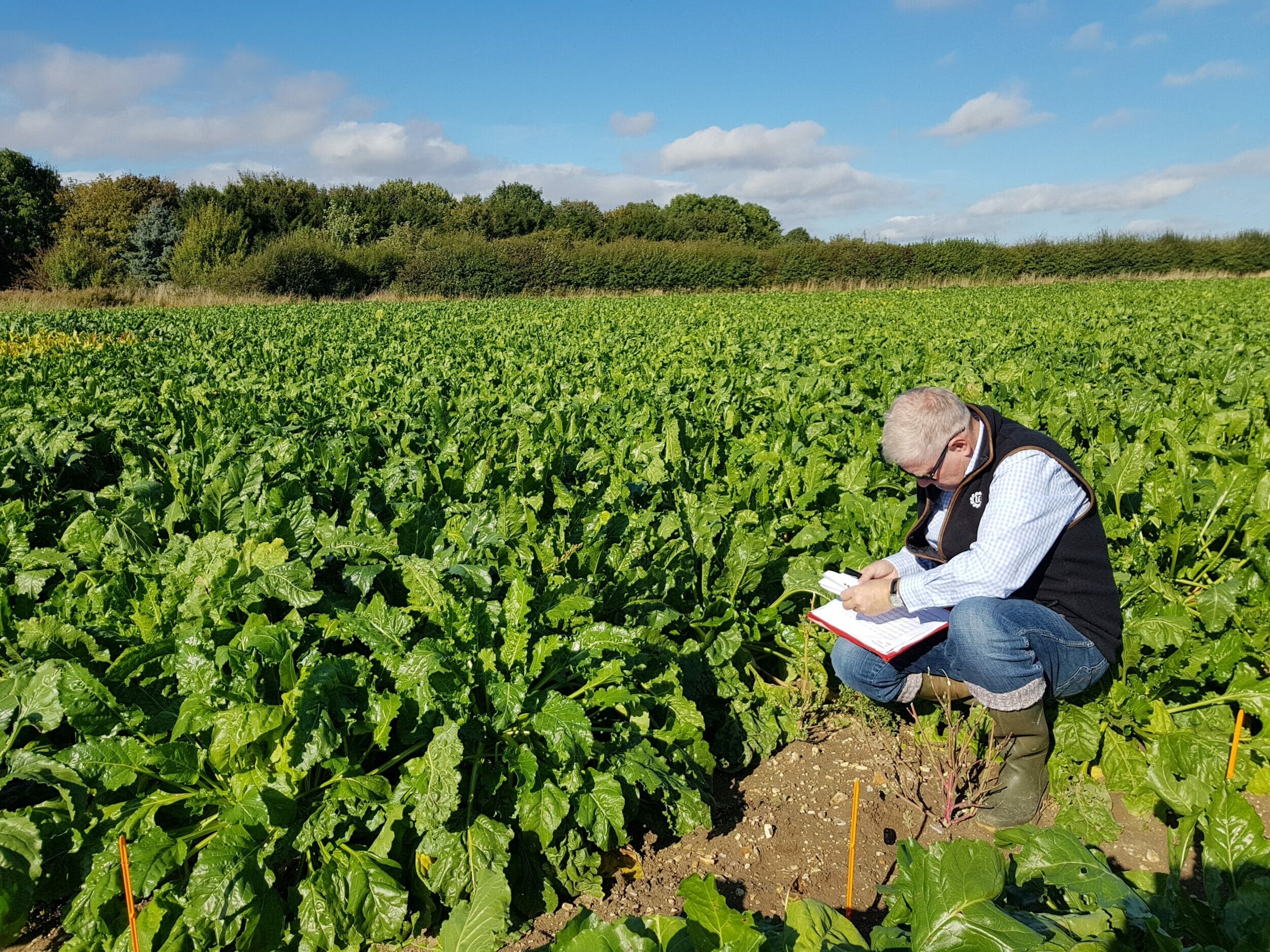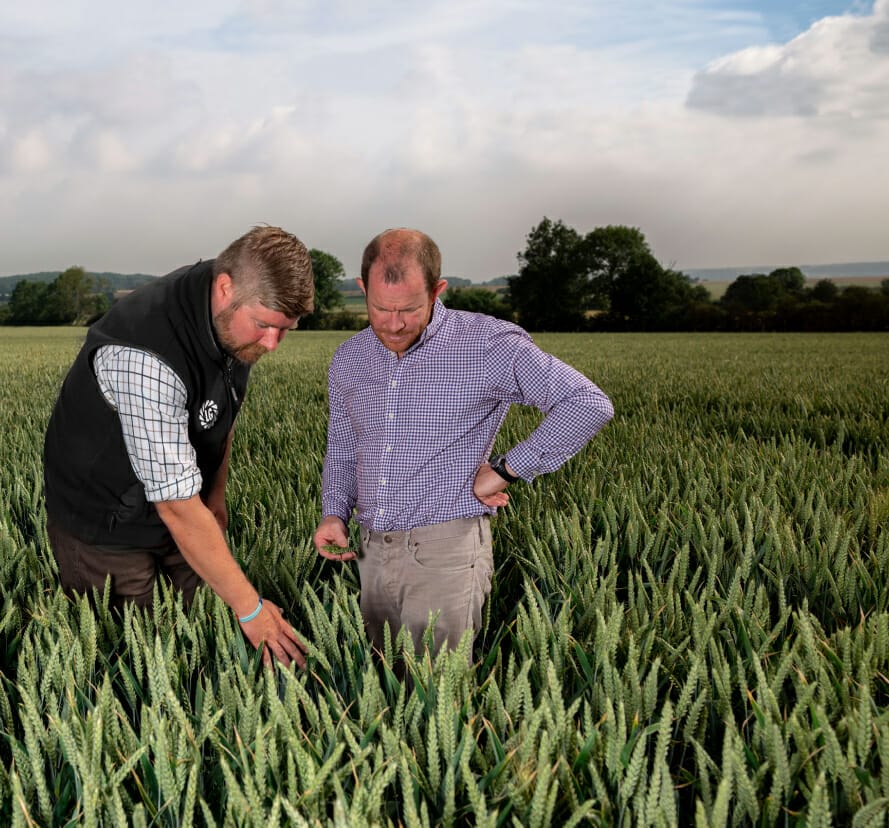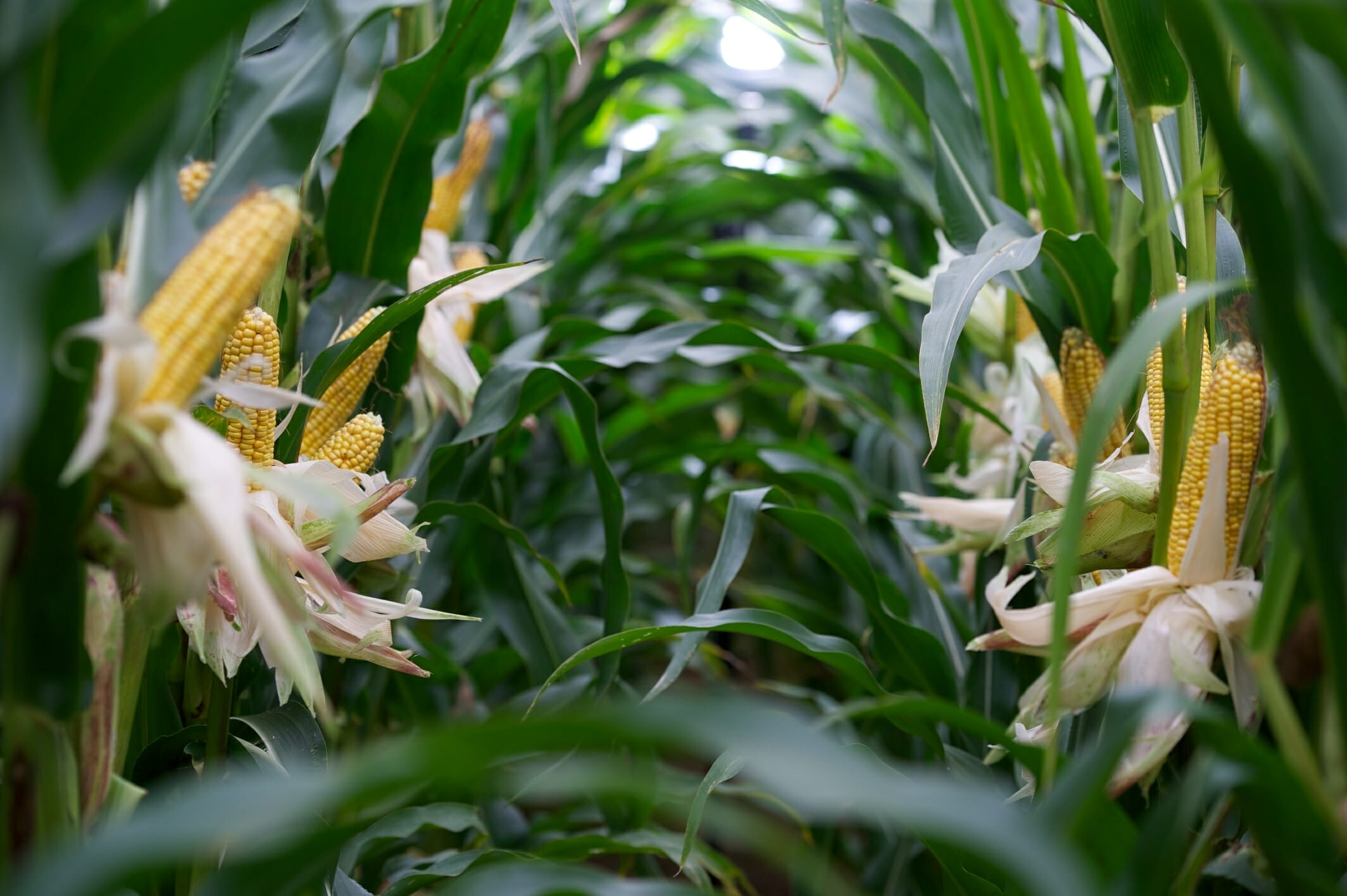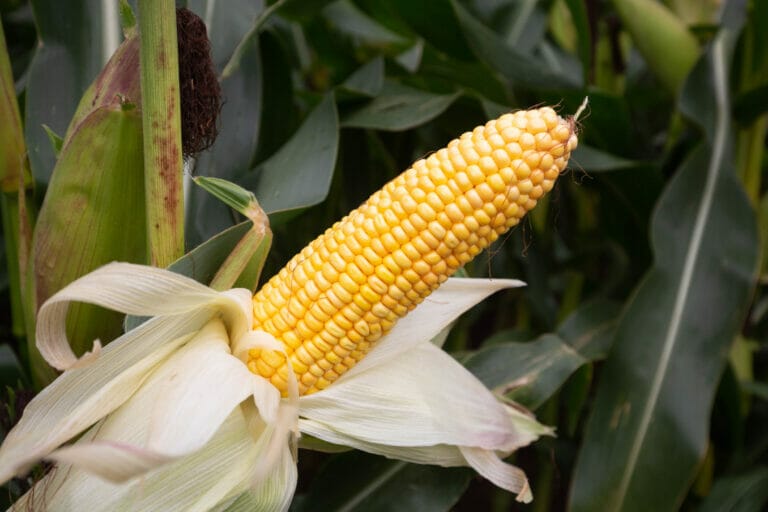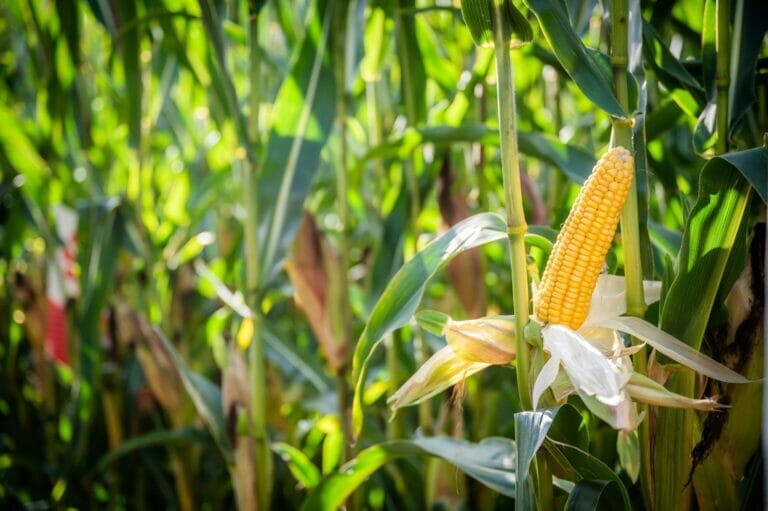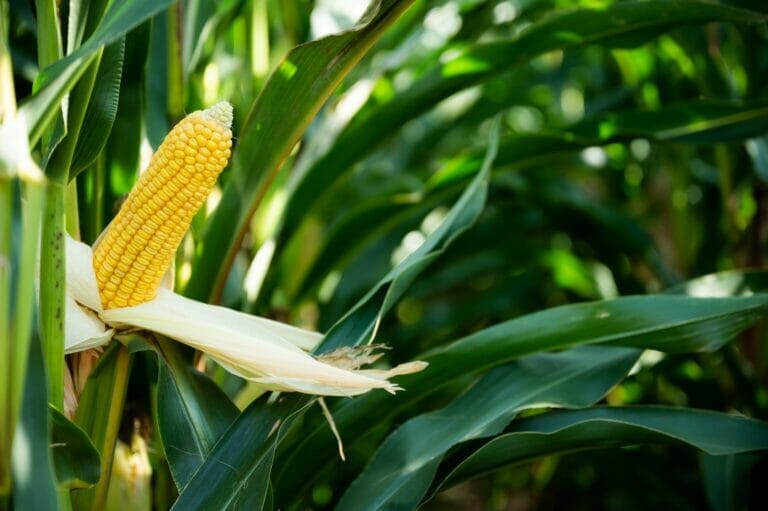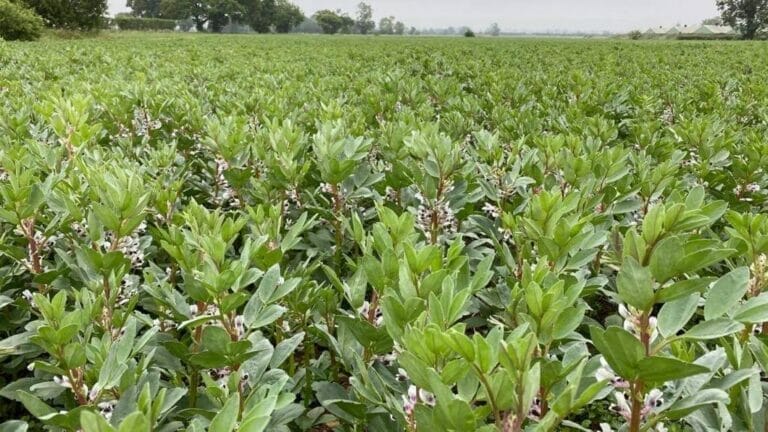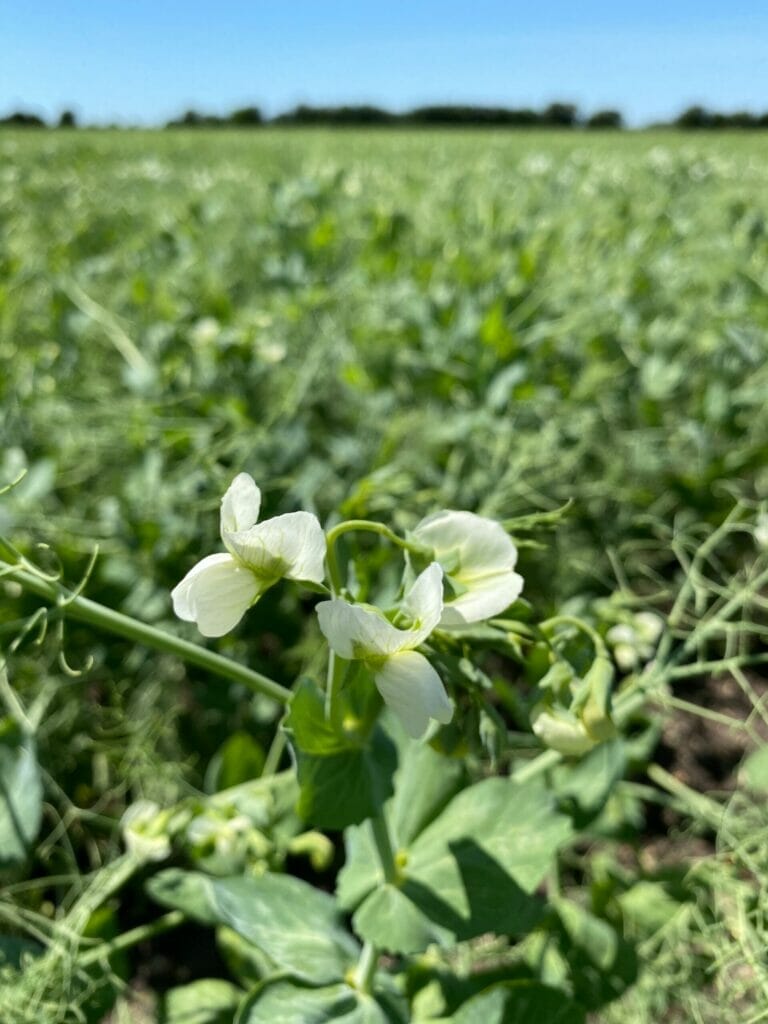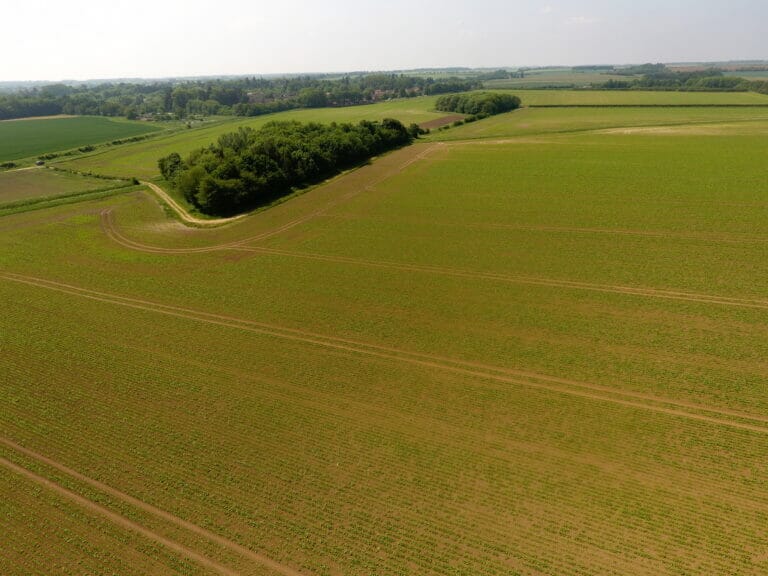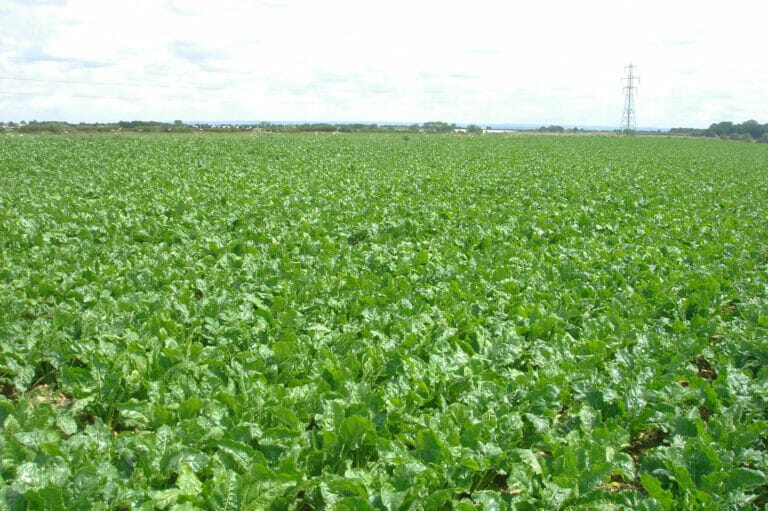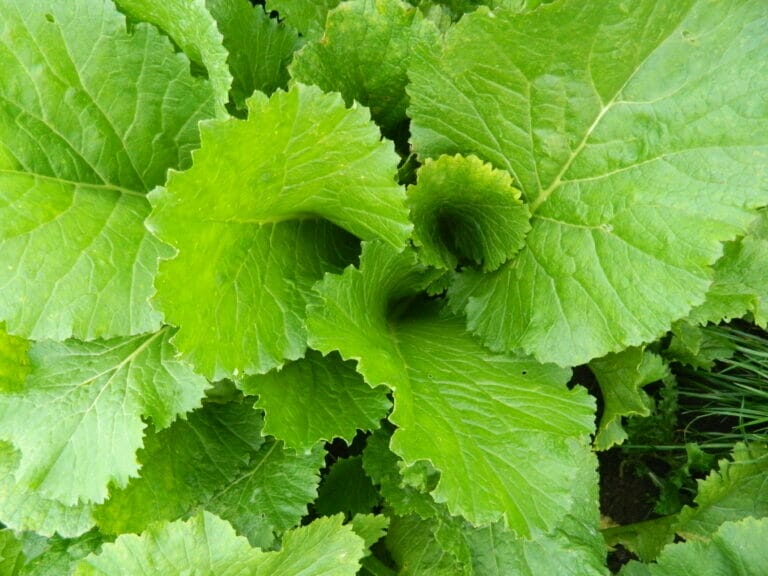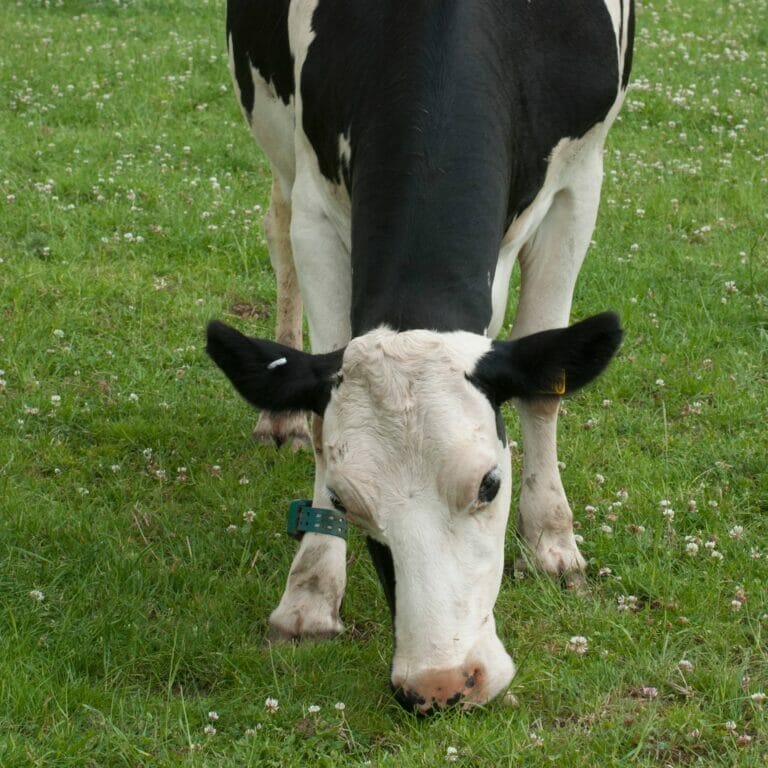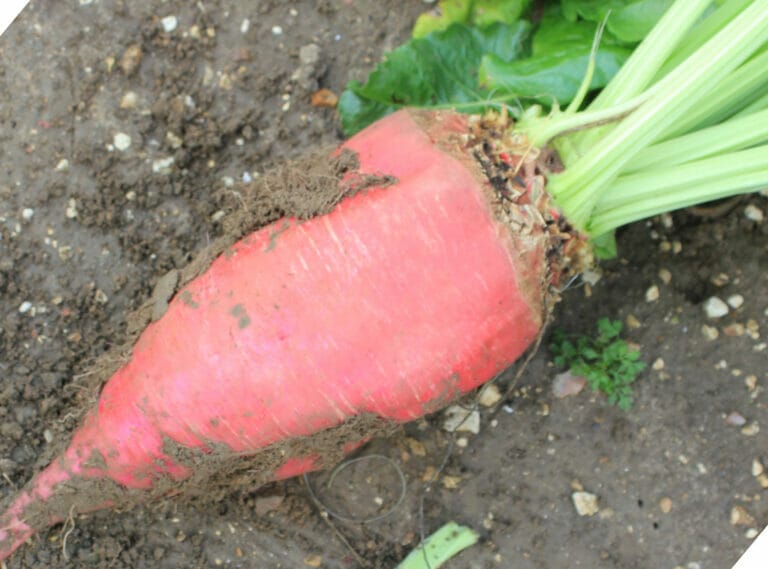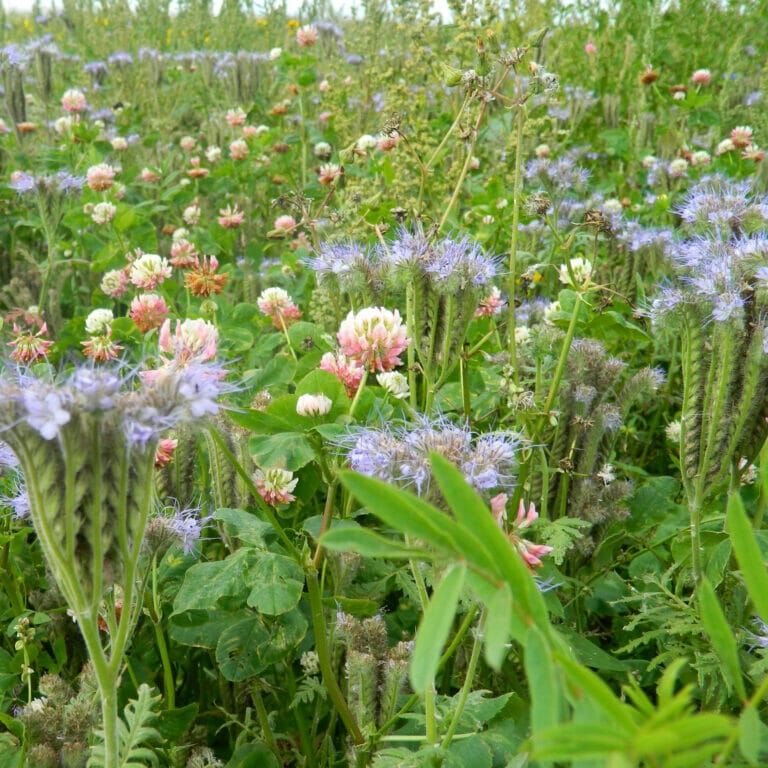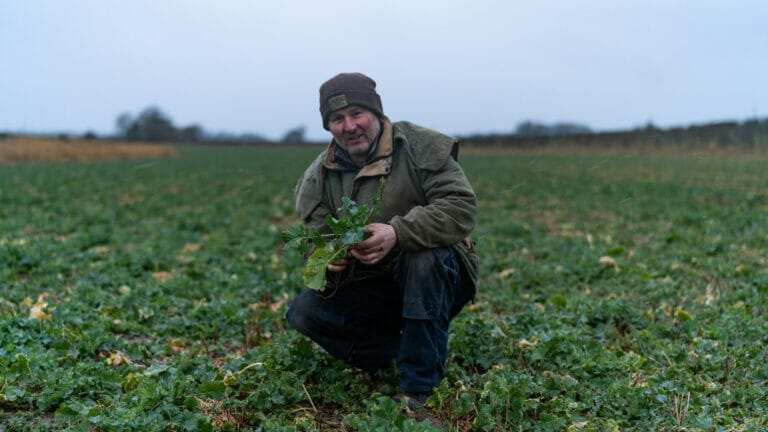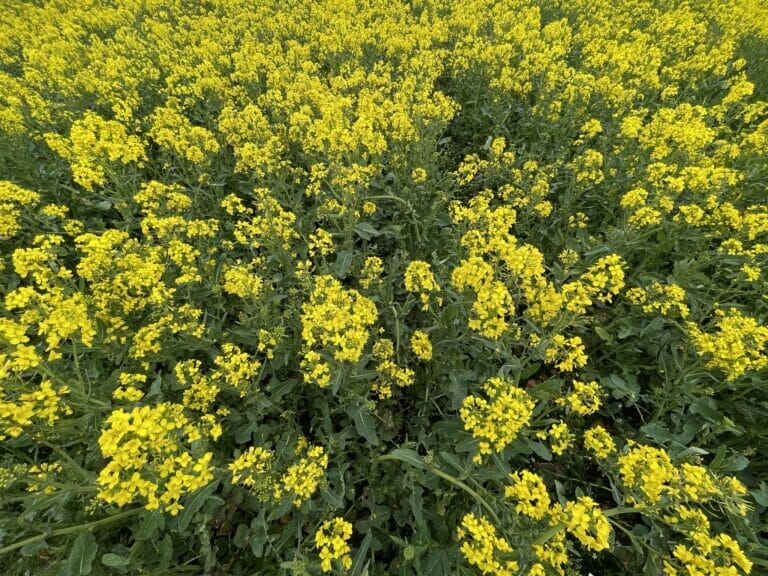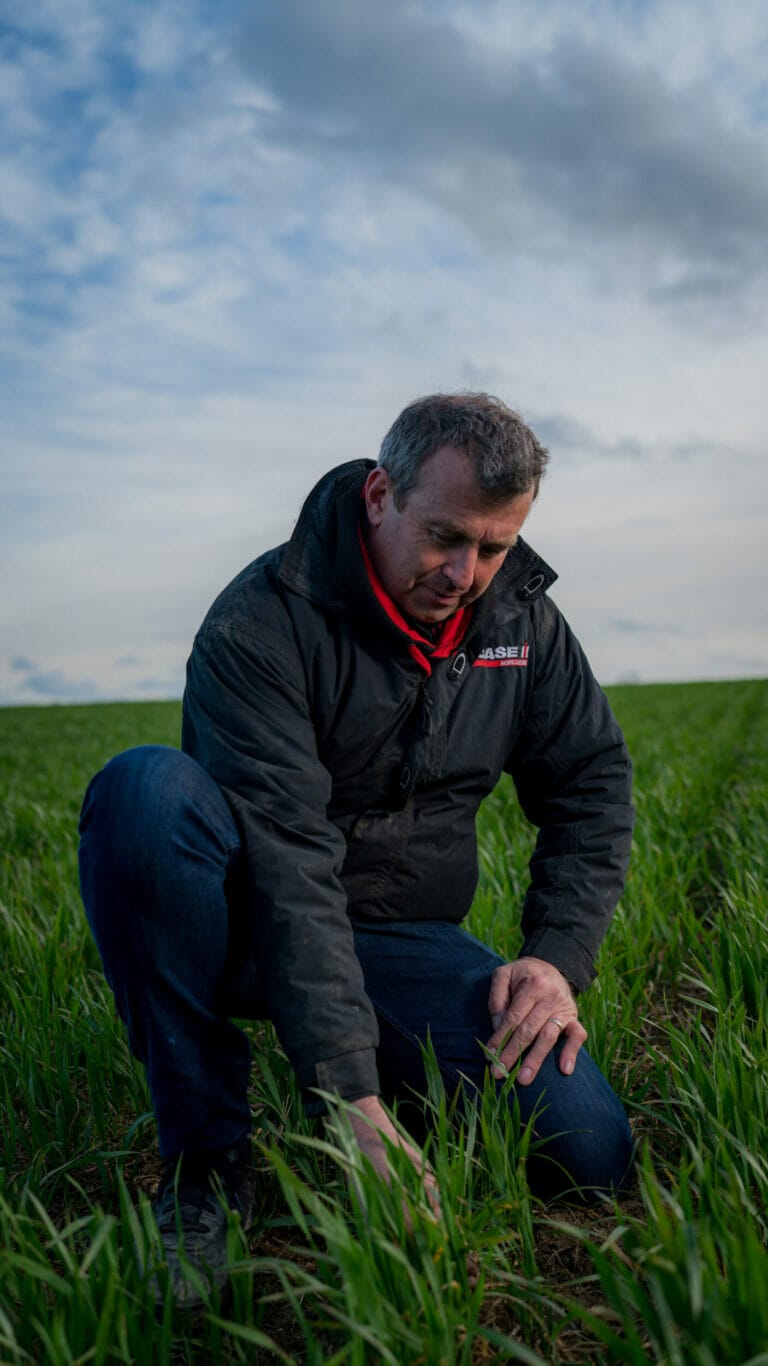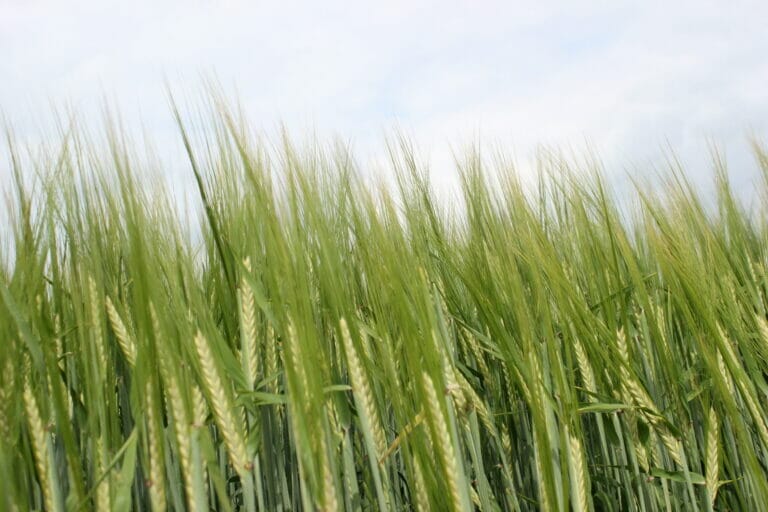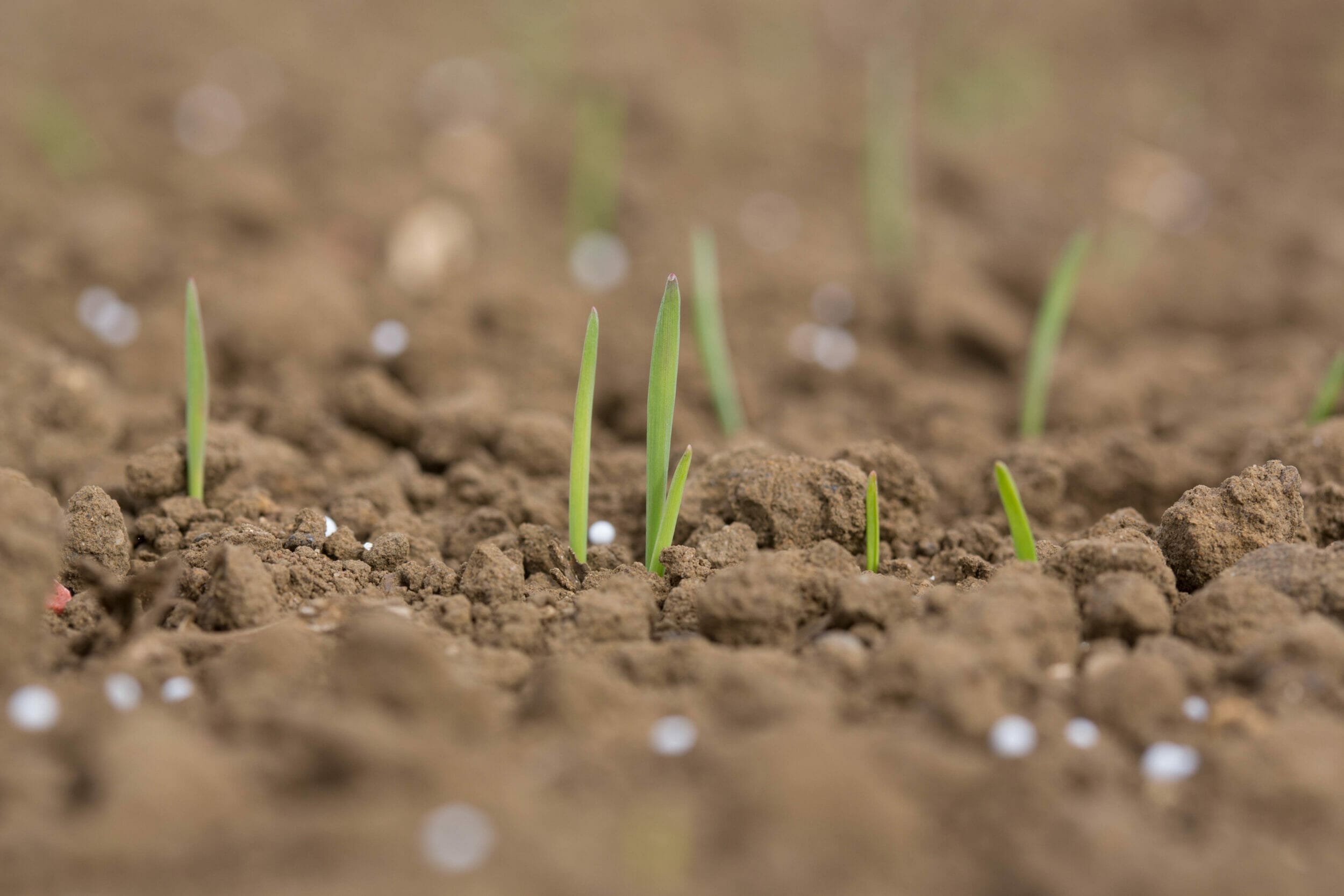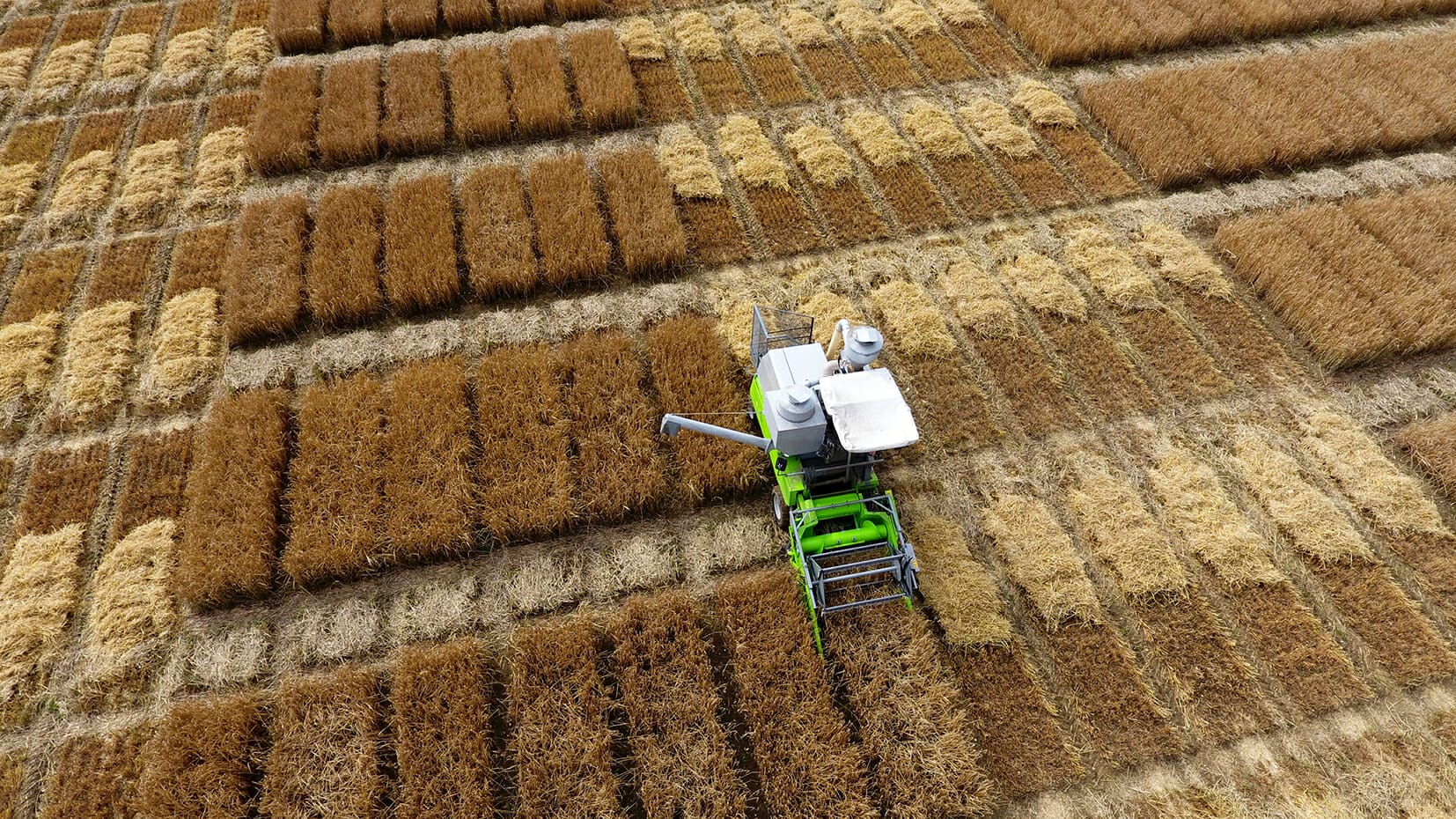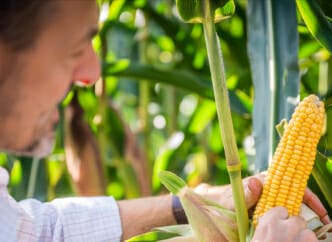The benefits of variety selection were put into clear focus when Devon dairy farmer, Peter Johns grew two different varieties in 2018.
“Maize is a vital part of our system”, Peter comments. “We look to feed it 365 days a year, at upto 40% of the forage in the diet to our 200 Holsteins, which are averaging 9700 litres. The starch is crucial to maintain milk quality as we are on a constituent based contract”.
“We ran out for a few weeks last year and when we could re-introduce it to the diet, yields increased by two litres per cow per day.” 
With land limited and farming at 540’ above sea level on heavy soils, variety choice is key for Peter who wants high yields and quality, combined with early maturity. He has had great success with Ambition, but in 2018 was encouraged to try another variety as well.
“It is the first time I have grown two varieties and was genuinely surprised with the difference. I drilled all the fields with the two varieties side by side and throughout the season the Ambition was stronger. At harvest, it was over 30cm taller and the fields all looked like waves. The cobs were also bigger on the Ambition plants, meaning I had compromised quantity and quantity by not sticking to Ambition.
“Working with Glen Johns from Harpers Feeds who supplied the Ambition, we calculated that over the 84 acres of maize grown, we lost around 100 tonnes of forage due to the shorter crop and smaller cob size and ME content will also have been lower.
“The lesson I have learned is to identify the variety best suited to the farm and to make sure I get seed ordered well in advance,” Peter admits.
According to Tim Richmond, Maize Seed Manager for Limagrain UK, many farmers hold back from ordering their maize seed. He says the typical pattern of maize seed sales is that only around 50% of seed is ordered by the end of February, with the balance ordered late, often in April. Most years farmers are able to get most, if not all the seed they require, but he says this season looks like it will be different.
“Demand for maize seed is likely to increase as farmers look to rebuild forage stocks. With forecast tightening of milk prices and likely feed cost inflation fuelled by exchange rates, milk from forage will be even more important.
 “Growing extra acres of maize is a good way to increase total forage production and there is increased interest in growing maize on contract as a way to increase 2019 output. Increased demand could mean that stocks for some varieties may be in short supply later in the season.”
“Growing extra acres of maize is a good way to increase total forage production and there is increased interest in growing maize on contract as a way to increase 2019 output. Increased demand could mean that stocks for some varieties may be in short supply later in the season.”
Farmers saw the benefits of early maturing options with good early vigour last year with crops getting established and away quickly. The earlier harvest also means crops are taken in good conditions and with silage made sooner, it can be incorporated in diets quicker.
“The market has been moving towards earlier varieties for several years. If demand remains high, those looking to buy seed late may find that only later maturing options are available. If, by ordering late you miss out on the better performing varieties, the consequence will be that you may have to grow an older variety with a resultant reduction in yield, feed value and milk from forage.”
In addition, this year sees the most widely used maize seed treatment being phased out. Mesurol, which is extensively used to reduce problems with frit fly as well as bird damage will no longer be available. The supply of treated seed is unlikely to continue into April, particularly for the most popular varieties.
“Seed houses will be running down supplies of Mesurol treated seed because any stocks left at the end of the season will have to be destroyed. For the same reason, distributors will be reluctant to carry excess stocks as the season progresses. Together these mean that the supply of treated seed will be reduced as the season unwinds.
“Sowing untreated seed will increase the risk of poorer establishment and greater losses as a result of bird damage.
“By ordering early you will be able to ensure you get the variety you want, and that the seed has been treated to help promote good establishment.”
As all maize seed either originates in, or is packaged in Europe before being shipped across the channel, Mr Richmond also warns that depending on the terms of any Brexit deal there may be an impact on maize seed into the country.
“Any increase in border and customs checks will potentially delay seed getting to distributors and onward to farm. As yet, it is impossible to predict what may happen but it may be prudent act early to reduce the risk of disruption.”
“The benefits of getting maize ordered early will far outweigh any potential benefits of a delay. The most common justifications for late ordering are the hope of late season deals and avoiding having seed in store for too long.
“When set against the prospect of getting the variety you want and with that seed being treated, the benefits of delaying are insignificant this year.”

